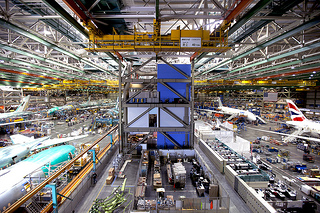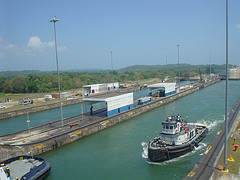India Looks to Change Its Tariff Regime

The government in New Delhi just announced that they plan to reform their tariff regime to be more in line with regional trade pacts that are being negotiated around the world. Right now, India’s tariffs are too different for the country to even be considered for membership in the Trans-Pacific Partnership. Basically, India’s tariffs are not competitive because they favor domestic trade. Only 12 countries have a pact in the Trans-Pacific Partnership, including the U.S.
This article is for Premium Members only. Please login below to read the rest of this article.
Not a Premium Member yet? Become one today.
[login_form redirect=’https://www.procurementbulletin.com/india-looks-to-change-its-tariff-regime’]
[show_to accesslevel=’Premium Members’]
New Delhi Trade Secretary, Rajeev Kher, said, “If the country is to stand up to these agreements, it’s important that we start to address these issues.” If India is not able to change their tariff agreement, it will hurt their economy as the Trans-Pacific Partnership takes full effect. Competitive tariffs are important for integration in the global supply chain. India is starting to realize this and changes are expected in the near future. Of course, Rajeev Kher did not release any specific plans other than lowering tariffs.
For years, the World Trade Organization has tried to negotiate a global agreement, but they have been unsuccessful. That’s why some of the world’s most advanced economies came up with the Trans-Pacific Partnership. This agreement helps eliminate trade barriers by streamlining regulations across industries. Major countries, such as India and China were not invited, and this is making them reconsider why their economies have been overlooked.
The Trans-Pacific Partnership has actually caused other trade pacts to be created. For instance, the RCEP and ASEAN Plus plans combine Australia, China, Japan, India, New Zealand, and several Southeast Asia nations. Rajeev Kher expects to be a major player in this trade plan, but that doesn’t mean the country is not interested in the Trans-Pacific Partnership. Of course, to be successful in any trade agreement, India will still have to ease domestic regulations. [/show_to]






